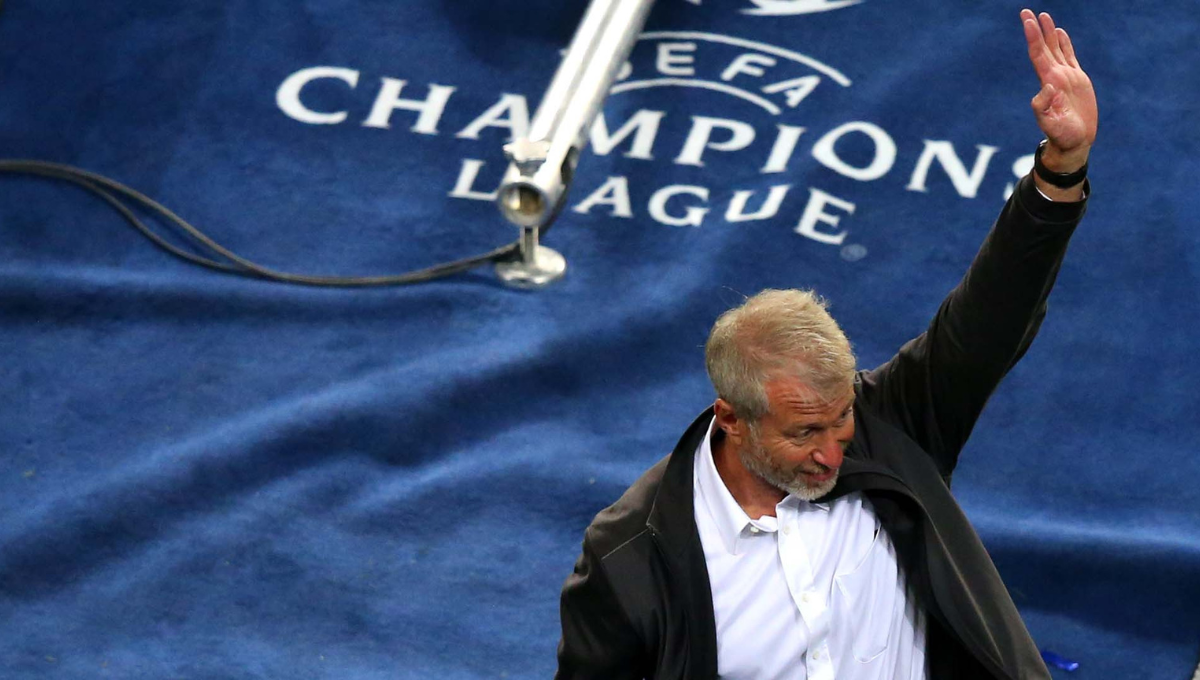Chelsea FC is facing a total of 74 charges from the English Football Association (FA) for alleged breaches of regulations during the Roman Abramovich ownership era. These charges, which span from 2009 to 2022, primarily relate to violations of rules concerning dealings with player agents, intermediaries, and third-party involvement in player transfers. The bulk of the alleged breaches occurred during the 2010-2011 to 2015-2016 seasons, a period marked by Chelsea’s significant success, including two Premier League titles and a Champions League victory.
Roman Abramovich bought Chelsea FC in 2003 for around £140 million and transformed the club with heavy financial investment, leading to one of the most successful periods in the club’s history. However, this era has now come under scrutiny with claims of improper financial conduct and regulatory violations.
The 74 charges were self-reported by Chelsea’s current owners, the consortium BlueCo led by American investors Todd Boehly and Clearlake Capital. These issues came to light in 2022 during the takeover process from Abramovich, after the new owners found evidence of “potentially incomplete financial reporting” and other possible rule breaches during the Abramovich tenure. They immediately reported these concerns to the FA and other relevant authorities for investigation.
The Football Association detailed that the charges are linked to Regulations J and C of the Agents Regulations, Regulations A and A of the FA on Working with Intermediaries, and sections 1 and 3 of the FA Third Party Investment in Player Regulations. Essentially, these rules govern transparency and fairness in how clubs negotiate with player agents and intermediaries and regulate financial interests third parties may have in players.
The investigation forms part of a broader scrutiny into how Chelsea was financed and operated during Abramovich’s ownership. Earlier reports, stemming from leaked offshore financial records, suggested a pattern of secret payments worth millions of pounds channeled through offshore companies tied to Abramovich. These payments allegedly were excluded from Chelsea’s official financial accounts, raising questions about compliance with UK football’s financial fair play (FFP) rules.
Experts have characterized these payments as a potential form of “financial doping,” where wealthy owners inject private funds covertly to gain competitive advantage, thus distorting fair competition in the sport. The Premier League and FA have been investigating such practices across multiple clubs, with Chelsea under particular focus.
Abramovich’s ownership ended in 2022 amid geopolitical turmoil following Russia’s invasion of Ukraine, which led to his assets being frozen by the UK government due to his close ties to the Kremlin. The subsequent forced sale transferred ownership to the American-led BlueCo consortium, which has since cooperated fully with regulatory investigations.
Chelsea released an official statement acknowledging the charges. The club said it became aware of the issues when the new owners reviewed historical transactions and discovered potentially incomplete financial reporting and other breaches of FA rules. Chelsea emphasized that it self-reported these findings to the FA immediately after the purchase was completed, reflecting a commitment to transparency and cooperation.
The FA highlighted that the majority of the alleged improper conduct occurred during a time of major success for Chelsea on the field, raising concerns about whether the club gained an unfair advantage through financial irregularities during those years.
While the full investigation and adjudication process are ongoing, these charges could have significant implications for Chelsea FC, including potential fines, sanctions, or other disciplinary actions depending on the findings and severity of breaches.
Chelsea’s case is part of a larger trend of intensified regulatory scrutiny of football clubs’ financial practices, especially with respect to agent dealings, third-party influences, and compliance with financial fair play regulations intended to promote transparency and sustainability in the sport.


